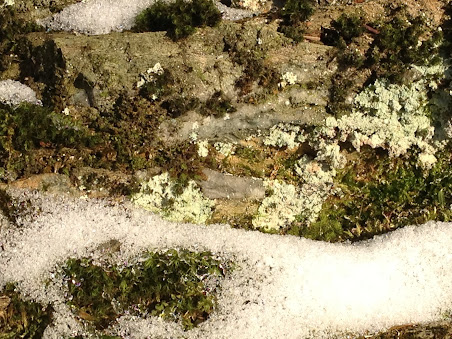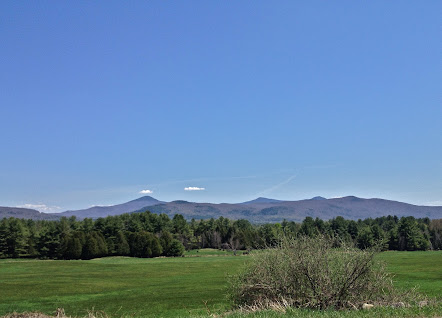A week or two ago I brought home a handsome pitch pine cone which had freshly fallen and was closed perfectly tight. It was put into a table drawer. To-day I am agreeably surprised to find that it has there dried and opened with perfect regularity, filling the drawer, and from a solid, narrow, and sharp cone, has become a broad, rounded, open one, -- has, in fact, expanded with the regularity of a flower's petals into a conical flower of rigid scales, and has shed a remarkable quantity of delicate-winged seeds.
Each scale, which is very elaborately and perfectly constructed, is armed with a short spine, pointing downward, as if to protect its seed from squirrels and birds. That hard closed cone, which defied all violent attempts to open it has thus yielded to the gentle persuasion of warmth and dryness. The expanding of the pine cones, that, too, is a season.
H. D. Thoreau, Journal, February 27, 1853
The expanding of the pine cones ... is a season. See February 22, 1855 ("Pitch pine cones must be taken from the tree at the right season, else they will not open or “blossom” in a chamber.")
The expanding of the pine cones ... is a season. See February 22, 1855 ("Pitch pine cones must be taken from the tree at the right season, else they will not open or “blossom” in a chamber.")



